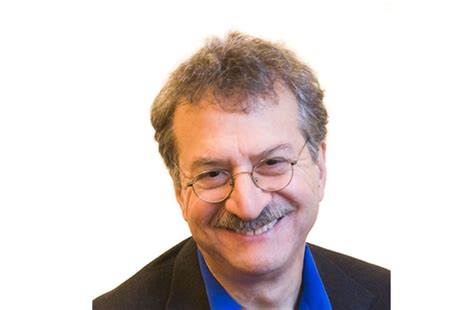A Quote by Gautama Buddha
We do not learn by experience, but by our capacity for experience.
Quote Topics
Related Quotes
Hire and promote first on the basis of integrity; second, motivation; third, capacity; fourth, understanding; fifth, knowledge; and last and least, experience. Without integrity, motivation is dangerous; without motivation, capacity is impotent; without capacity, understanding is limited; without understanding, knowledge is meaningless; without knowledge, experience is blind. Experience is easy to provide and quickly put to good use by people with all the other qualities.
When we follow the reversal of normal experience, we find ourselves in an unusual, nearly mad experience. Being in an almost mad experience is not something we should fear: only in such experience are we jarred out of our common sense opinions and beliefs. It opens our minds to other ideas and thought. It makes us think.
When we see that we are not made up by the other's experience, we then have the capacity not to take responsibility for what is now genuinely and for the first time not ours. And as a result, we can get just as close to the other's experience (even the other's experience of how dissapointing, enraging, or disapprovable we are!) without any need to react defensively to it or be guiltily compliant with it.
Experience is the best teacher. But in our day and time, what we need is wisdom, because wisdom overcomes experience, because experience is wisdom, but there's a level of wisdom that overcomes the experience, and that's the experience that's already lived by others. I'm not trying to repeat the histories. I already learned from what they did.
Our capacity to think, except in the service of what we are dangerously deluded in supposing is our self-interest and in conformity with common sense, is pitifully limited: our capacity even to see, hear, touch, taste and smell is so shrouded in veils of mystification that an intensive discipline of unlearning is necessary for anyone before one can begin to experience the world afresh, with innocence, truth and love.
Certainly Christianity is an experience, but equally clearly the validity of ane experience has to be tested. There are people in lunatic asylums who have the experience of being the Emperor Napoleon or a poached egg. It is unquestionably an experience, and to them a real experience, but for all that it has no kind of universal validity. It is necessary to go far beyond simply saying that something comes from experience. Before any such thing can be evaluated at all, the source and character of the experience must clearly be investigated.
To say that you can 'have experience,' means, for one thing, that your past plays into and affects your present, and that it defines your capacity for future experience. As a social scientist, you have to control this rather elaborate interplay, to capture what you experience and sort it out; only in this way can you hope to use it to guide and test your reflection, and in the process shape yourself as an intellectual craftsman






























